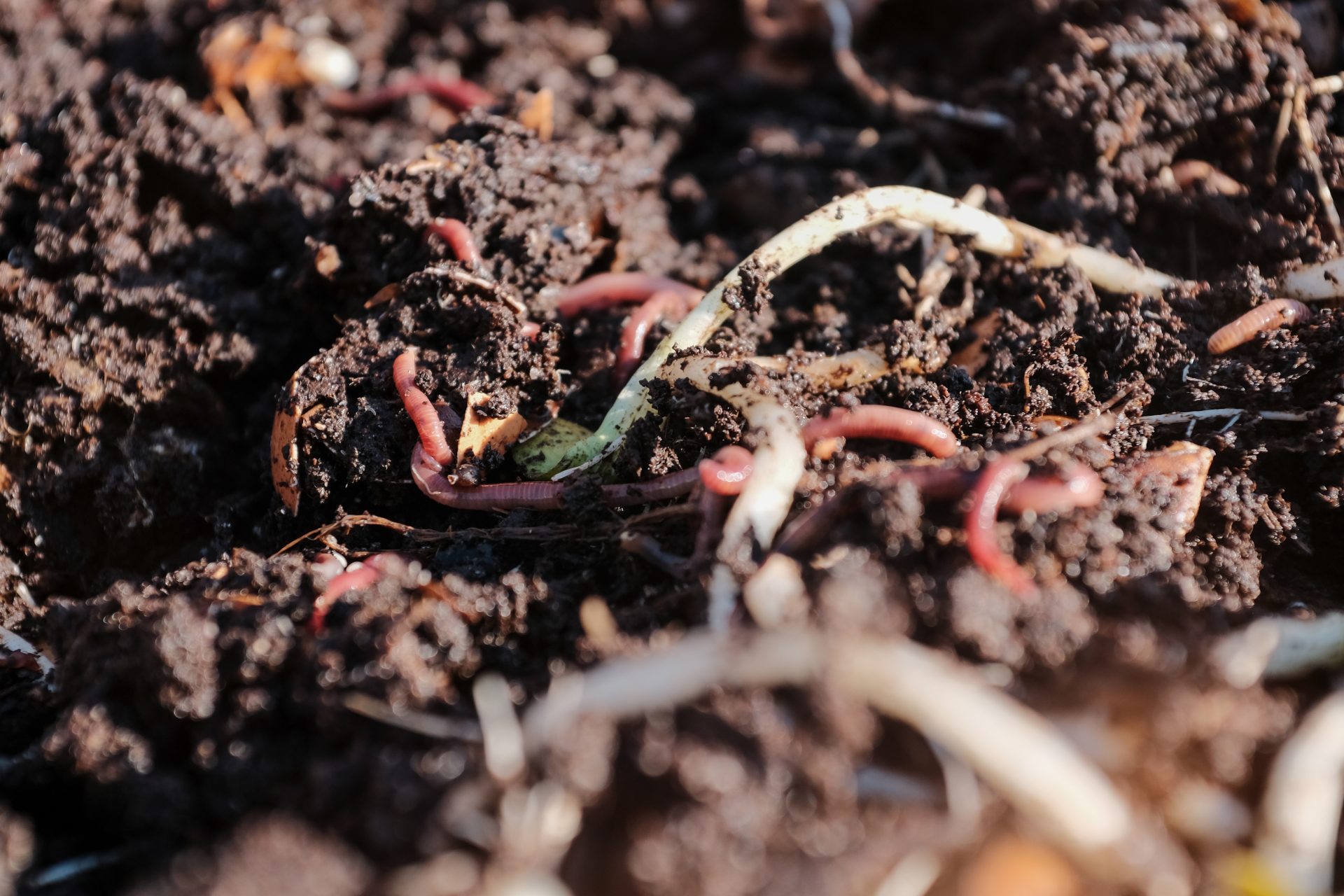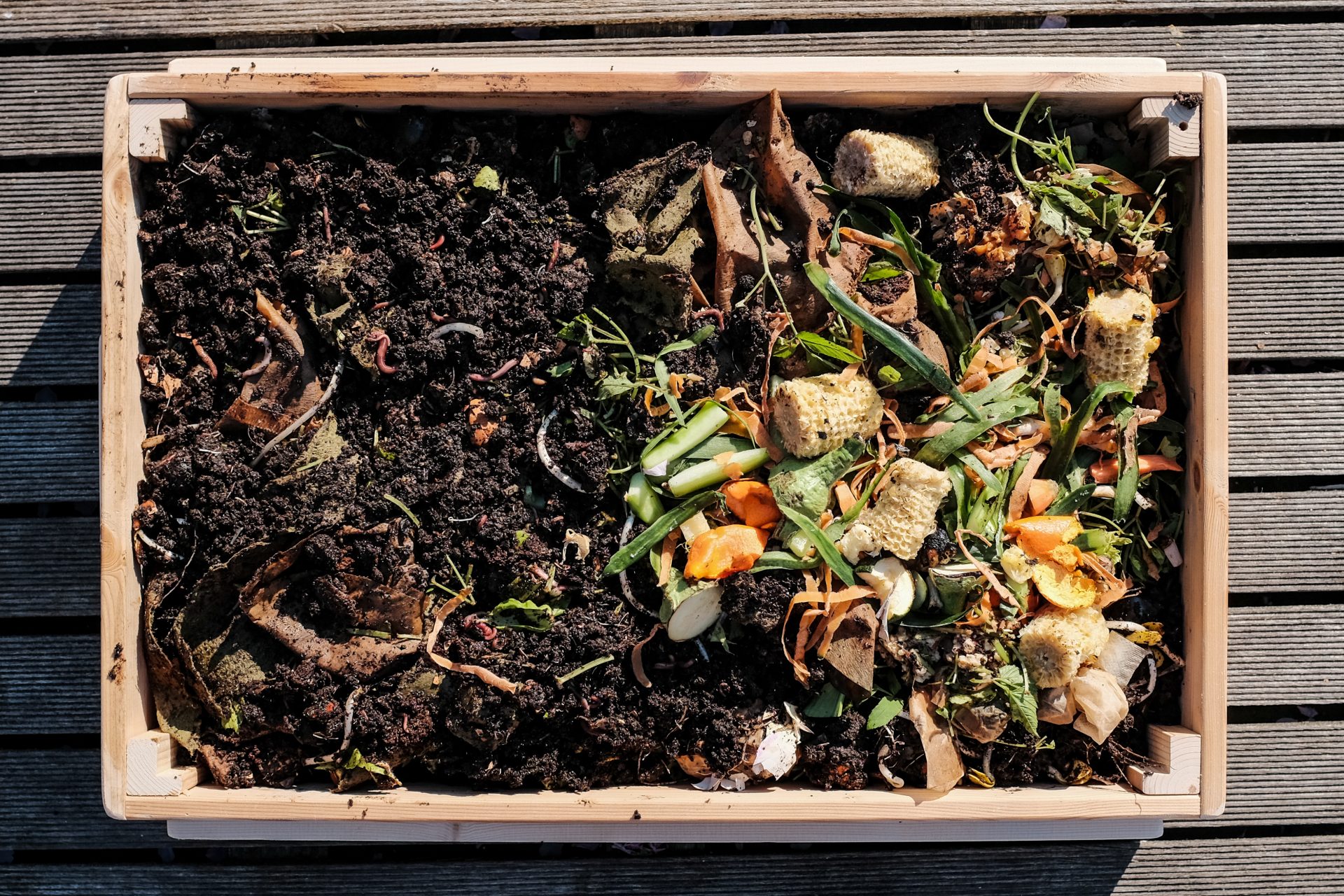A worm compost for the street
mobile product to transform waste into 'black gold'
A worm compost for the street
mobile product to transform waste into 'black gold'
explain
It is the year 2030.
The 2021 ban of single-use plastics flooded the market with biodegradable replacement materials. Thanks to the EU Plastic Strategy, by now the amount of plastic waste has reduced.
Instead, biodegradable materials are being produced. This creates challenges concerning the insufficient infrastructure, systems, and logistics to recycle this vast amount of organic waste.
With this, people are opening up for counter-arguments, embracing and understanding contradicting opinions and finding constructive proposals rather than biased political division.
It is the year 2030.
The 2021 ban of single-use plastics flooded the market with biodegradable replacement materials. Thanks to the EU Plastic Strategy, by now the amount of plastic waste has reduced.
Instead, biodegradable materials are being produced. This creates challenges concerning the insufficient infrastructure, systems, and logistics to recycle this vast amount of organic waste.

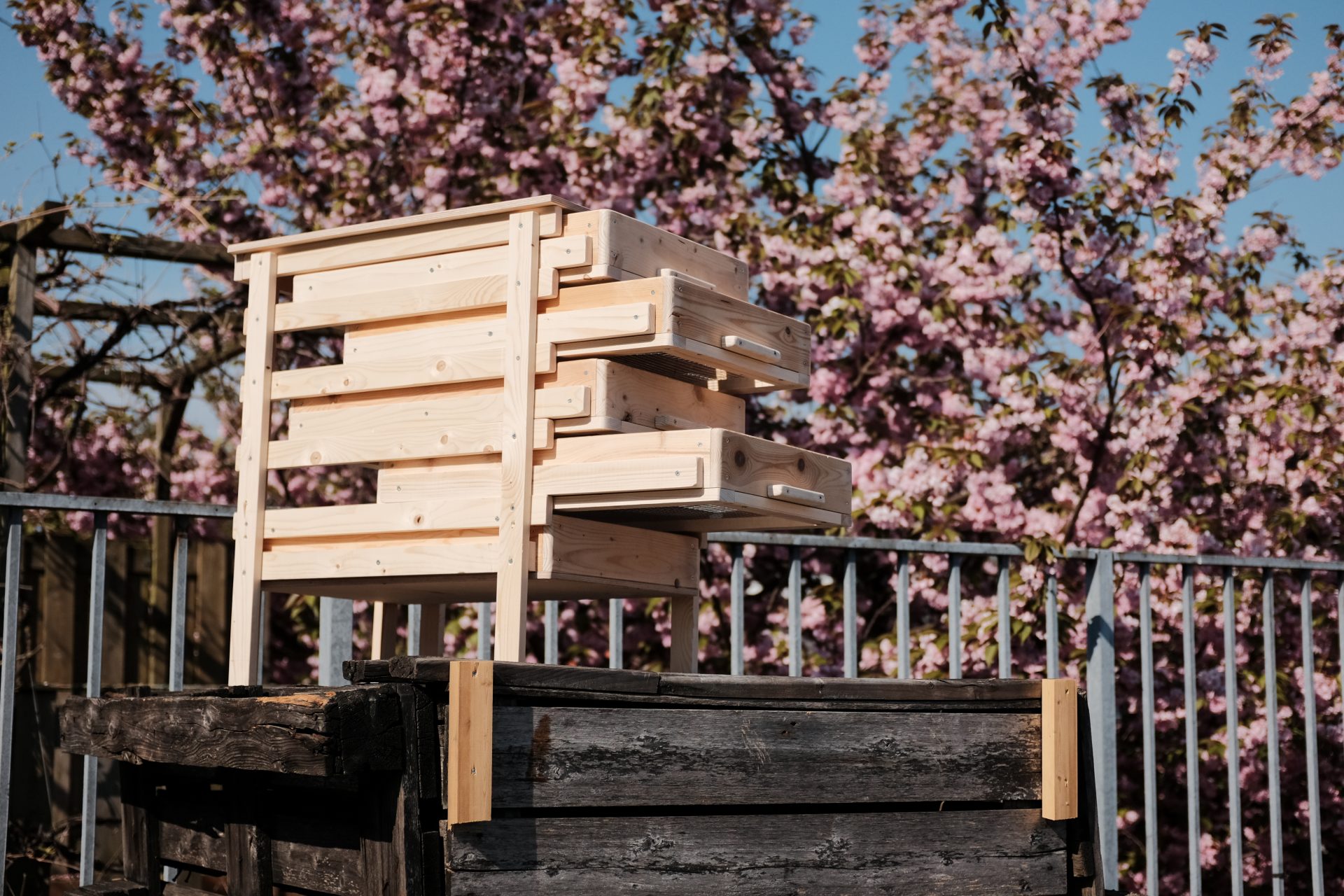

what comes out
It is the year 2030.
The 2021 ban of single-use plastics flooded the market with biodegradable replacement materials. Thanks to the EU Plastic Strategy, by now the amount of plastic waste has reduced.
Instead, biodegradable materials are being produced. This creates challenges concerning the insufficient infrastructure, systems, and logistics to recycle this vast amount of organic waste.
The result of the game is one or more written proposals per group that is submitted via the EU website, which will be then taken into account during the parliamentary discussion.
It is the year 2030.
The 2021 ban of single-use plastics flooded the market with biodegradable replacement materials. Thanks to the EU Plastic Strategy, by now the amount of plastic waste has reduced.
Instead, biodegradable materials are being produced. This creates challenges concerning the insufficient infrastructure, systems, and logistics to recycle this vast amount of organic waste.
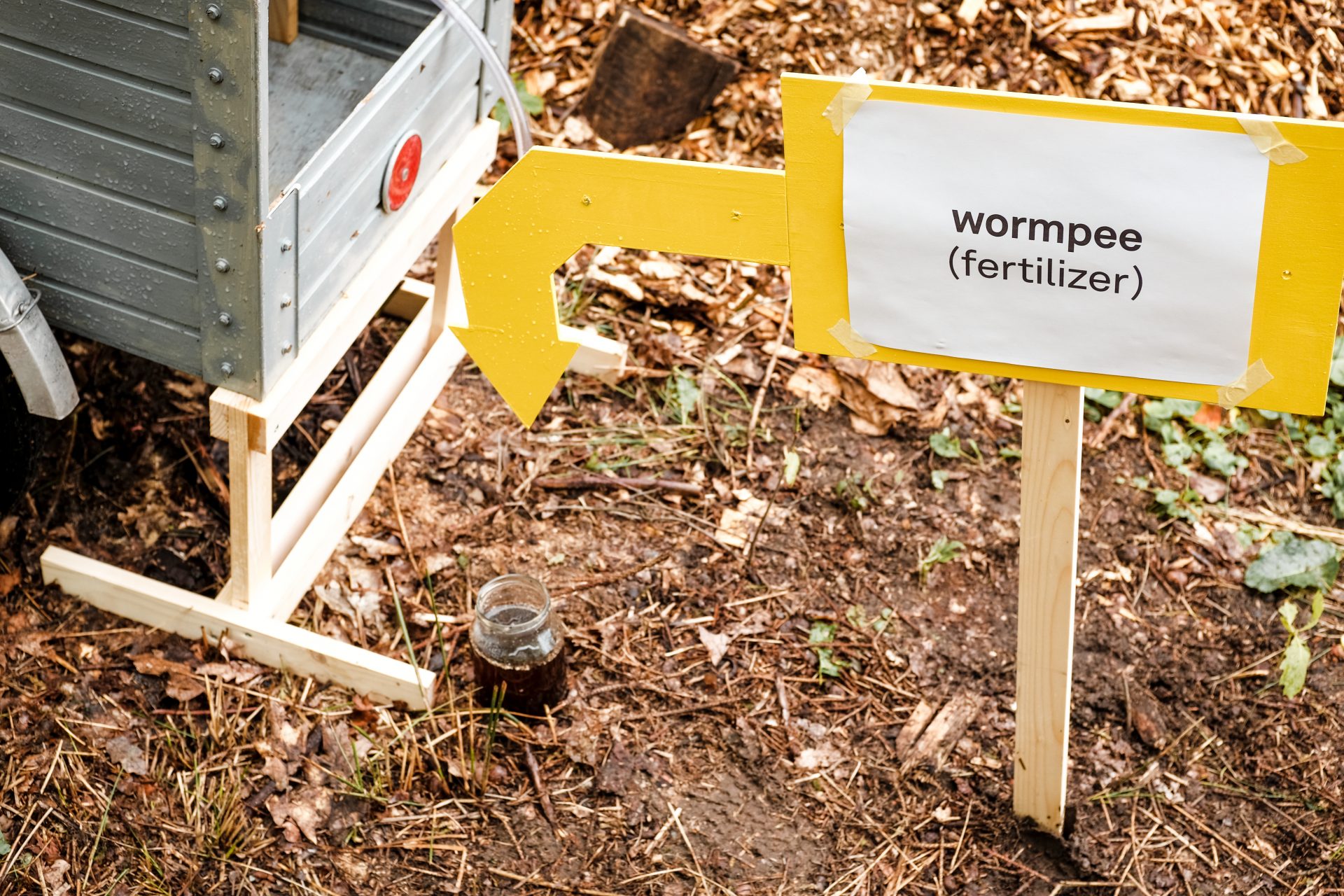

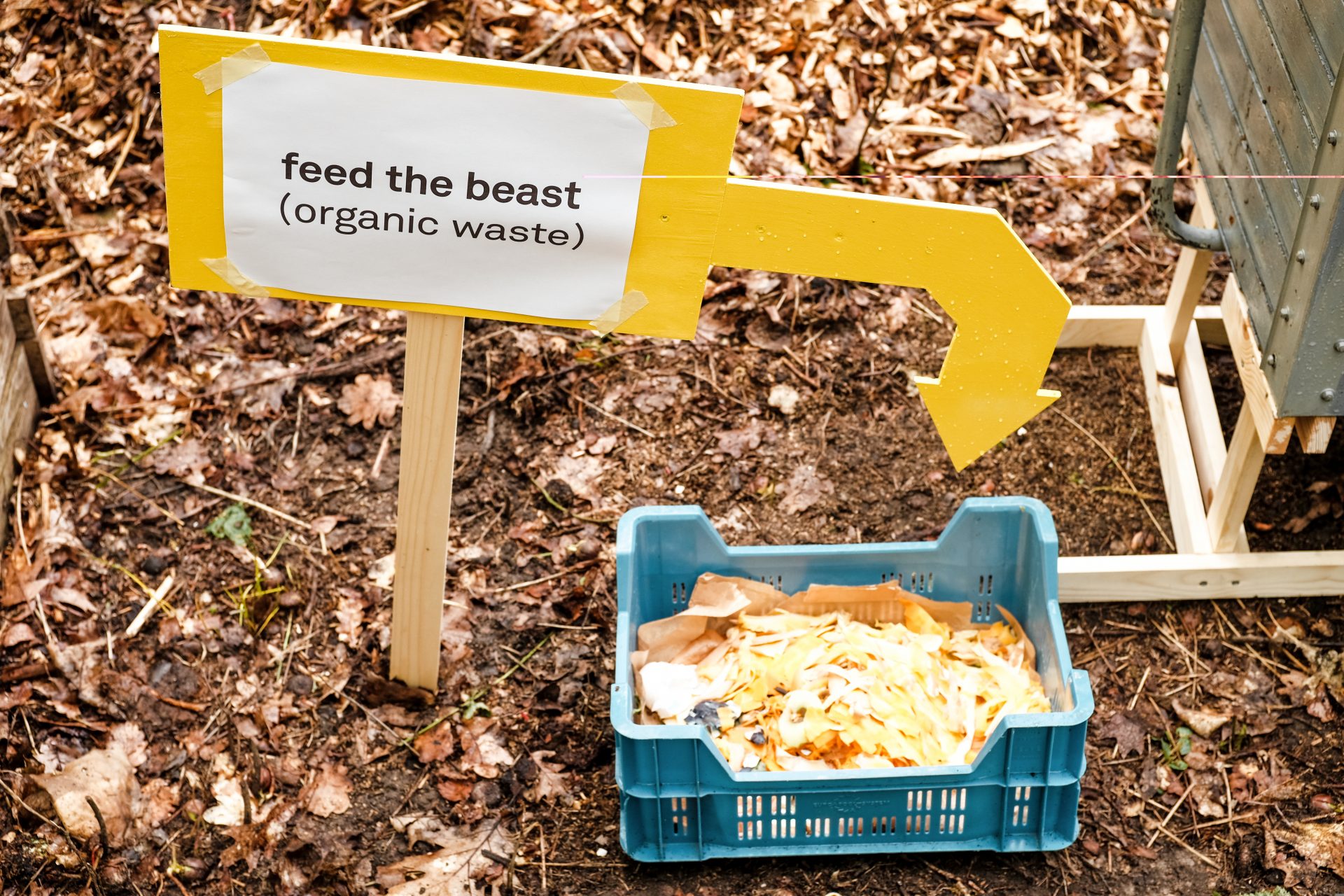
what comes out
It is the year 2030.
The 2021 ban of single-use plastics flooded the market with biodegradable replacement materials. Thanks to the EU Plastic Strategy, by now the amount of plastic waste has reduced.
Instead, biodegradable materials are being produced. This creates challenges concerning the insufficient infrastructure, systems, and logistics to recycle this vast amount of organic waste.
The result of the game is one or more written proposals per group that is submitted via the EU website, which will be then taken into account during the parliamentary discussion.
It is the year 2030.
The 2021 ban of single-use plastics flooded the market with biodegradable replacement materials. Thanks to the EU Plastic Strategy, by now the amount of plastic waste has reduced.
Instead, biodegradable materials are being produced. This creates challenges concerning the insufficient infrastructure, systems, and logistics to recycle this vast amount of organic waste.

